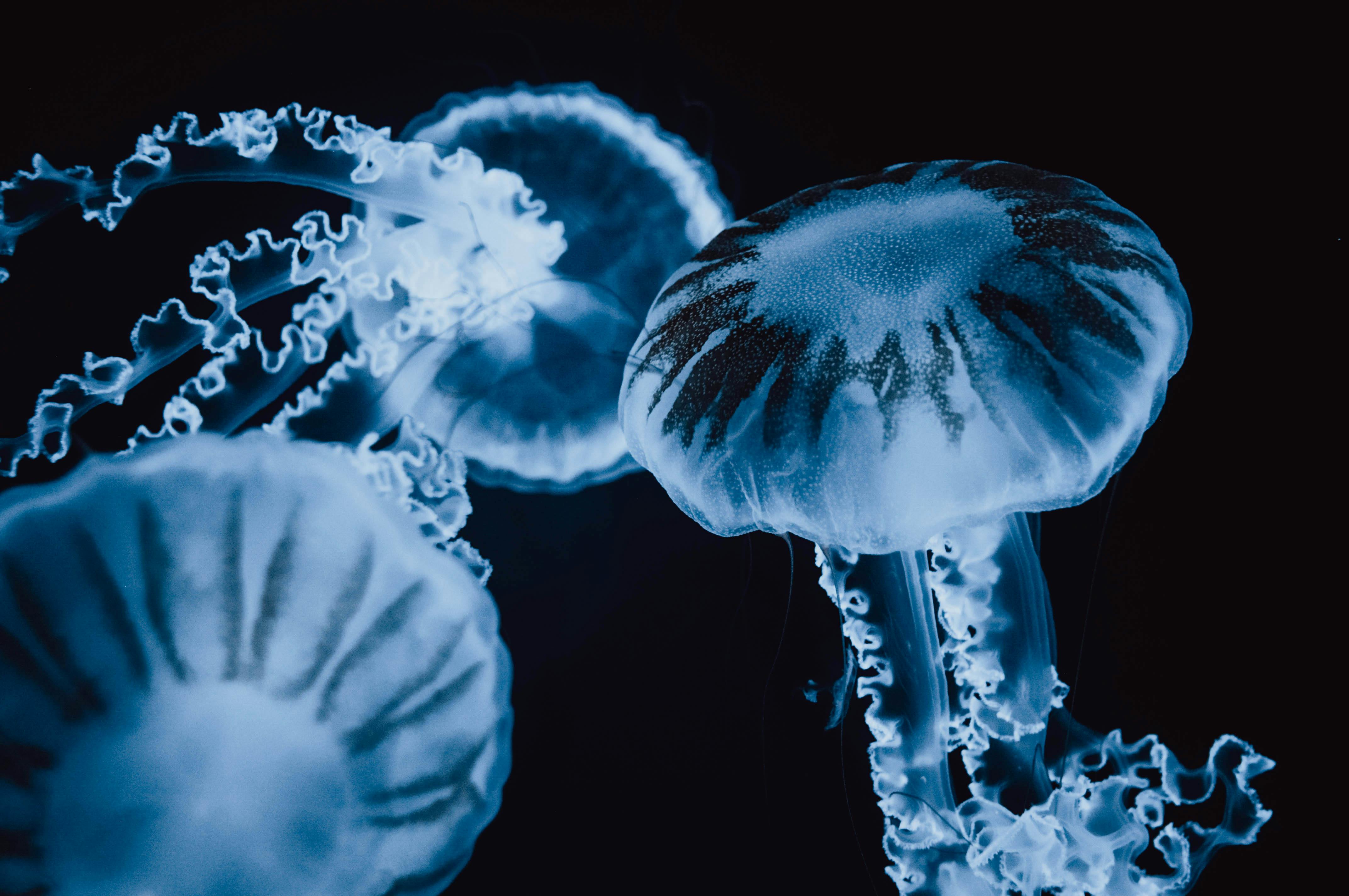Abstract
Context manipulations reveal that similarity in object properties can counterintuitively facilitate word learning. Using the WOLVES dynamic field model, we simulated CSWL under two conditions: ‘NEAR’ (objects metrically similar) and ‘FAR’ (objects distinct). WOLVES predicted superior learning in NEAR trials. An adult behavioral experiment confirmed this novel prediction, demonstrating that contextual similarity enhances cross‐situational word mapping.
Methodology
Adult participants (n=40) completed a CSWL task with 48 trials. On each trial, two objects differed either minimally (NEAR) or maximally (FAR) in colour or shape and were paired with a novel word. Eye‐tracking recorded fixations during training; forced‐choice tests measured mapping accuracy. The WOLVES model was parameterized to human gaze and accuracy data. Learning rates across conditions were compared using mixed‐effects logistic regression. Context manipulations reveal that similarity in object properties can counterintuitively facilitate word learning. Using the WOLVES dynamic field model, we simulated CSWL under two conditions: ‘NEAR’ (objects metrically similar) and ‘FAR’ (objects distinct). WOLVES predicted superior learning in NEAR trials. An adult behavioral experiment confirmed this novel prediction, demonstrating that contextual similarity enhances cross‐situational word mapping.
